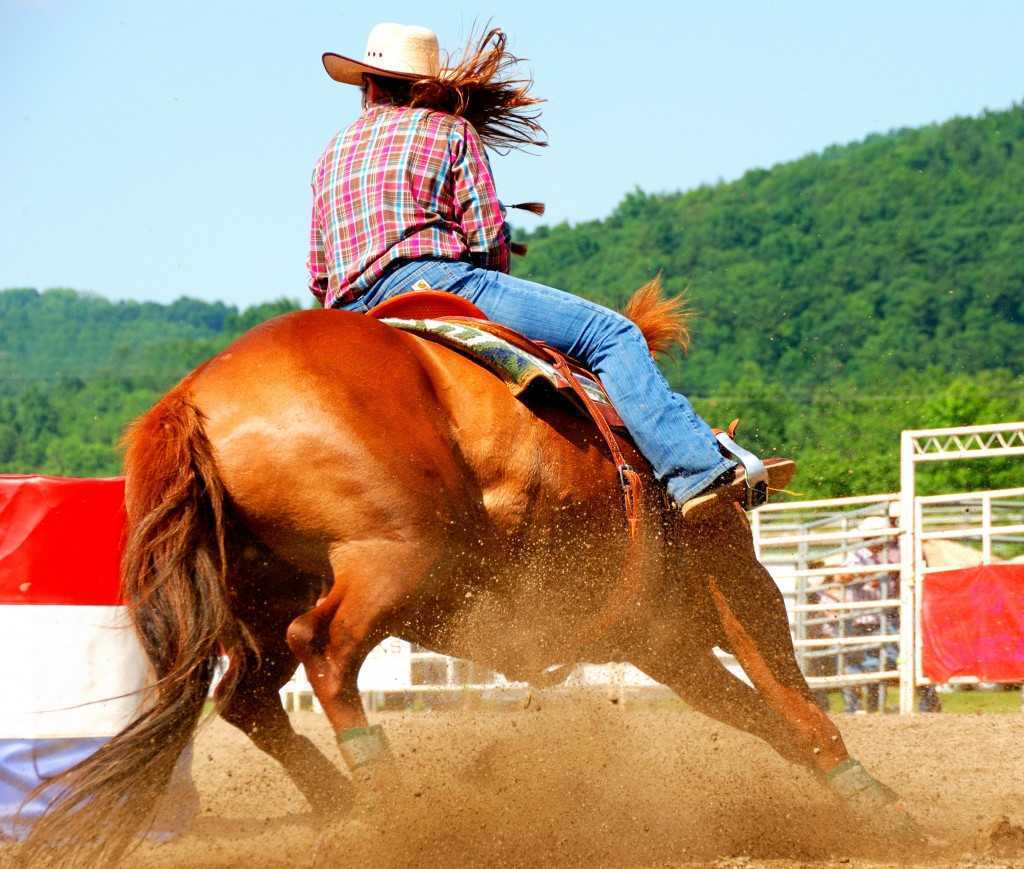 Animals may not be able to speak human language, but like people, animals have needs that, if deprived, would limit their existence severely. This is especially prominent with race horses.
Animals may not be able to speak human language, but like people, animals have needs that, if deprived, would limit their existence severely. This is especially prominent with race horses.
Takanini Feeds explains that animal feeds play a huge role in the overall performance of a horse, much more the racing breed. When you want a racehorse to win the race, feeding it with poor quality run-of-the-mill sustenance is a huge gamble.
Food is King
Racehorses are a special breed. A donkey, no matter how aggressive, will certainly be out of breath if it’s to race against powerful Thoroughbreds or Appaloosas.
Being in a race certainly puts a lot of stress to the racehorse. As it is required to perform in speeds beyond what normal horses achieve, a racing horse is one of the most hardworking of the equine population. So focused are owners in winning, racehorses are expected to deliver a peak performance even when their bodies are still largely immature.
Proper feeding, therefore, affords the necessary nutrient for the young horse to achieve optimum growth. In a race, feeding provides the necessary fuel to deliver high performance, one with maximum output with the least fatigue.
Fuel for the Win
Animal feeds play a central role in pushing the racehorse for the win. While it may not be able to guarantee that the animal won’t meet accidents in the heat of the battle, it ensures your equine athlete won’t run out of needed energy.
To note, different activities require different fuels. When the animal is to undergo aerobic activities (low intensity, low duration) more free fatty acids is recommended to use as fuel. However, in anaerobic exercises such as a race (high intensity, short duration) more glucose is recommended.
The right animal feeds cater to these varying needs, allowing your racehorse to put its best form on display. It may not be a guarantee for the top prize, but the right feeds give your racehorse the best chance to grab the win.

